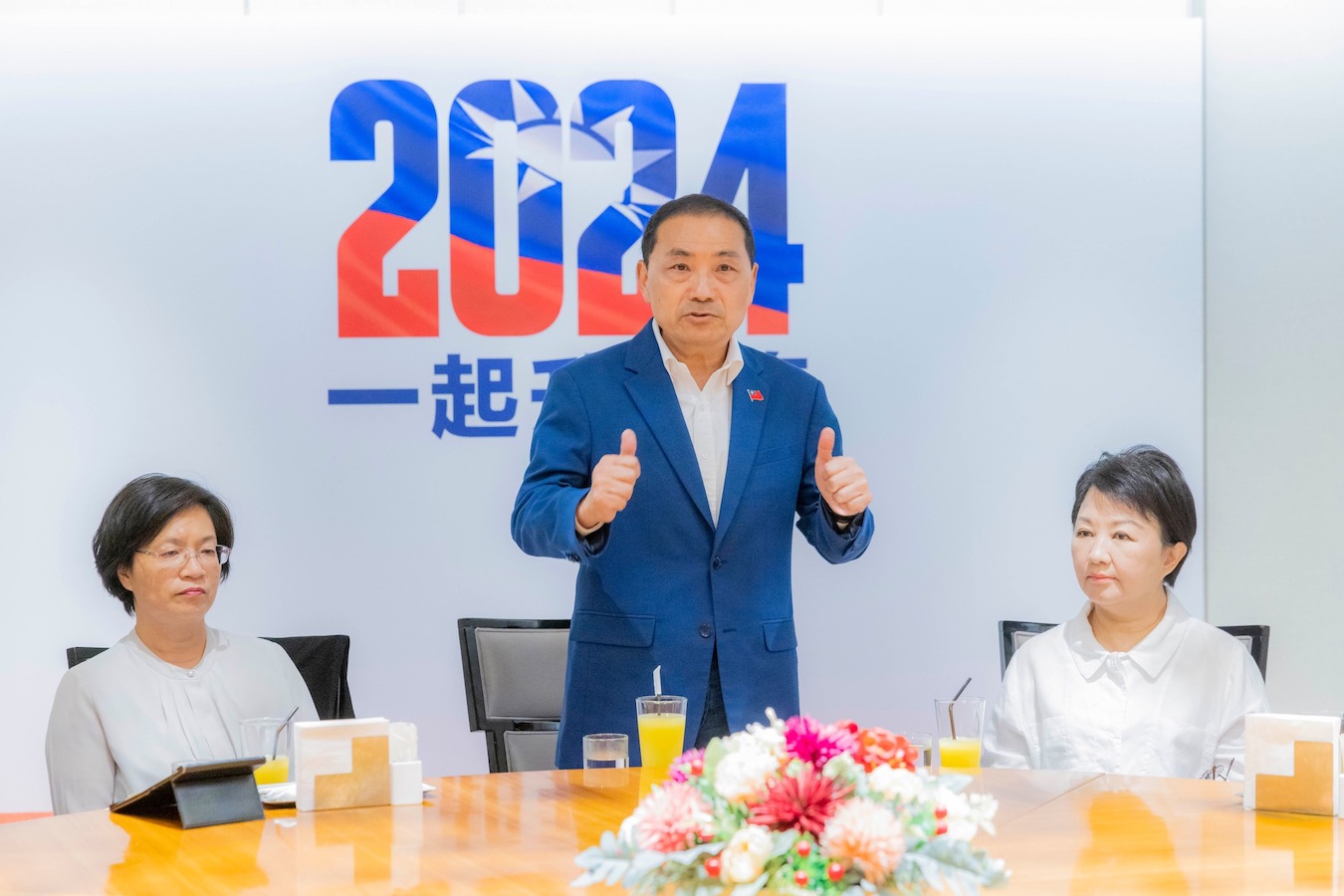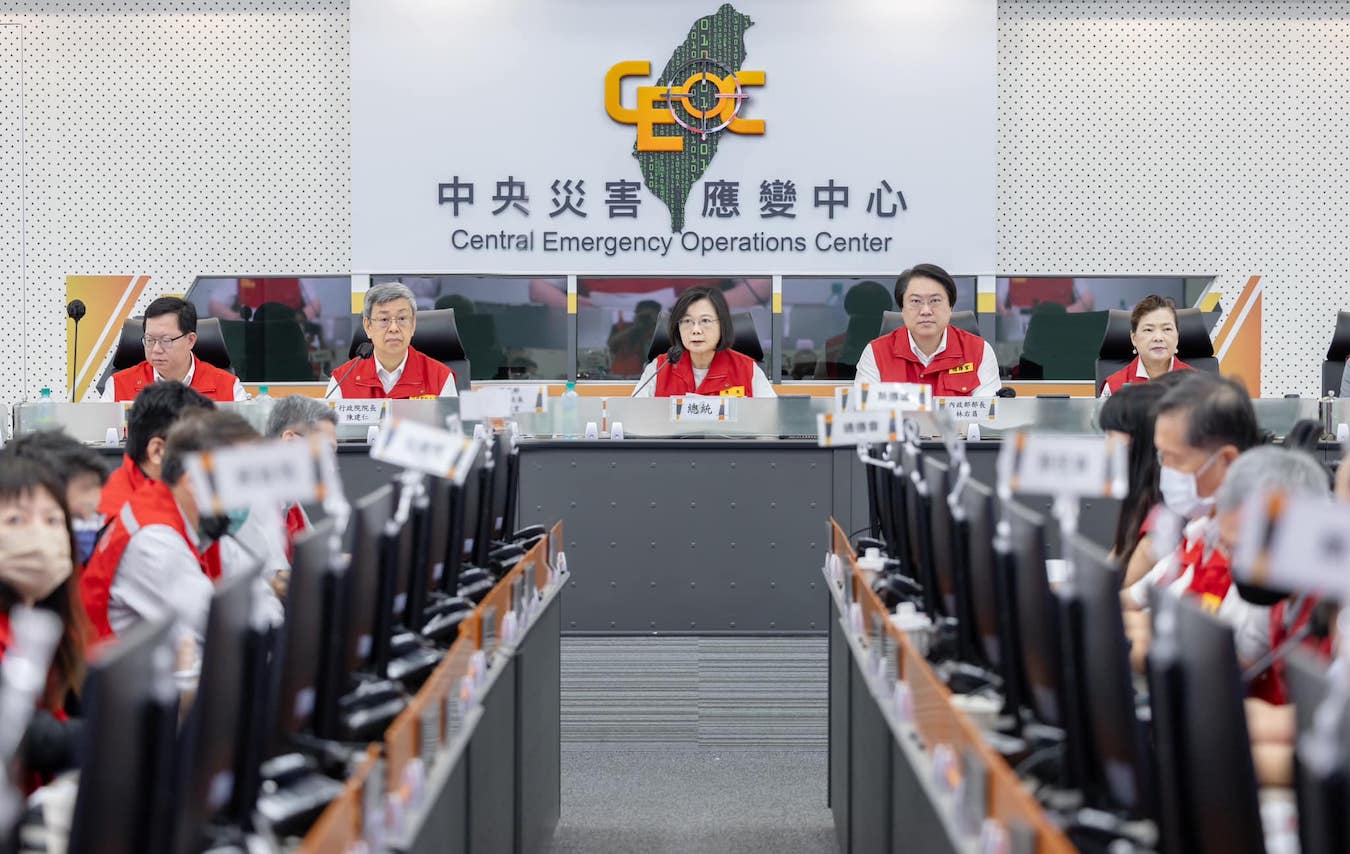by Brian Hioe
語言:
English
Photo Credit: beautifulcataya/WikiCommons/CC BY-NC-ND 2.0
THE KMT HAS begun to lean into attacks on the Tsai administration over efforts to alleviate egg shortages in Taiwan. The egg shortages have resulted in price hikes, with egg prices increasing earlier this month by 3 NT per catty.
In particular, the KMT has sought to attack the Tsai administration over its efforts to alleviate egg shortages by boosting egg imports from other countries, suggesting that companies involved in imports are engaged in collusion with the government to make substantial profit off of the shortages. What these attacks focus on is that the egg imports are mainly distributed to large hypermarket chains. Such attacks, however, are revealing of the structure of the Taiwanese economy in a manner that ultimately goes back to the KMT’s political control during the authoritarian period.
The Taiwanese public is highly sensitive to price hikes. News or rumors of incipient price hikes have often been responsible for panic buying behavior, for goods ranging from toilet paper to instant noodles.
Most recently, egg shortages have also led to panic buying behavior, as wellas the implementation of rationing. Customers were restricted to buying two cartons of eggs at some hypermarket chains in March, for example.
 KMT candidate Hou You-yi. Photo credit: Hou You-yi/Facebook
KMT candidate Hou You-yi. Photo credit: Hou You-yi/Facebook
Taiwan’s price hikes for eggs and the egg shortage that caused it are thought to be the result of a number of factors. This includes the avian flu wiping out chickens, the large number of molting hens, increases in the price of chicken feed, and changes in the temperature that affect the number of chickens that have eggs daily. The Tsai administration has pointed to how Taiwan’s number of chickens is not enough to produce eggs daily to meet the number of eggs consumed daily in Taiwan.
Nevertheless, the public has not always been convinced of the veracity of these explanations. As such, the KMT has previously sought to claim that the egg shortages are, in fact, the result of mismanagement by the DPP, rather than these outside causes.
The Council of Agriculture (COA) has sought to import millions of eggs to Taiwan from Australia, in particular. Eggs have also been imported from Brazil, Malaysia, the Philippines, Singapore, Thailand, and Turkey, with the government covering the difference in costs between domestically produced eggs and eggs that are imported. The COA has also sought to intercede regarding disputes with egg sellers about a pricing hike freeze mandated by the Poultry Association and to provide subsidies to chicken farmers.
In particular, the Taiwanese government is often called on to intercede in the event of economic shocks that affect companies, even if this infringes upon market mechanisms. The state has long played an active role in propping up Taiwanese industries, going back to the KMT authoritarian period.
But, during this period, it was also common for the KMT to skim off profits from companies, to line its own pockets. This was part and parcel of the infamous “black gold” corruption of the KMT during the authoritarian period. The KMT, likewise, maintained a political stranglehold on the agricultural industry in Taiwan by maintaining control through farmers’ associations and irrigation associations. Indeed, with the DPP nationalizing such organizations, the KMT has sought to accuse it of seeking to control them much as it did during the past.
 Taiwanese president Tsai Ing-wen (center). Photo credit: Tsai Ing-wen
Taiwanese president Tsai Ing-wen (center). Photo credit: Tsai Ing-wen
In effect, the KMT is making this accusation of the DPP with regards to its intervention in the egg market–another instance in which the KMT accused the DPP of behavior it itself was accused of in the past in suggesting that the DPP is favoring specific companies or otherwise profiting off of the price hikes that the common people have to endure. This is not the first time that the KMT has made such accusations of the DPP either–the KMT made similar accusations during the COVID-19 pandemic, accusing the DPP of favoring specific manufacturers as part of efforts to develop or import vaccines.
It is not incorrect that the DPP may be reliant on a small set of hypermarkets to distribute imported eggs. But this reflects that the structure of the Taiwanese economy is one in which large and powerful hypermarkets dominate–causing them to be crucial nodes for distributing goods and supplies. Ironically, this was used to great effect during the COVID-19 pandemic, but the KMT now takes aim against this as a means of attacking the DPP–and it is certainly true that this reflects corporate. But this reflects a structural dimension of the Taiwanese economy that, in fact, goes back to the KMT’s previous political control of Taiwan, in the reliance on a small number of powerful companies to manage the economy.

